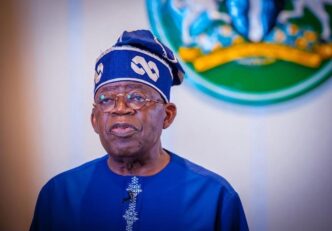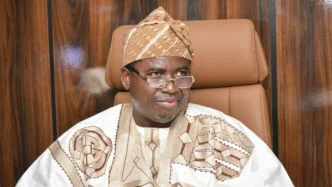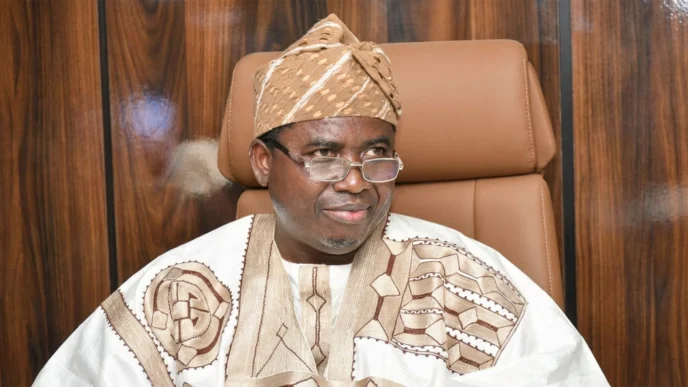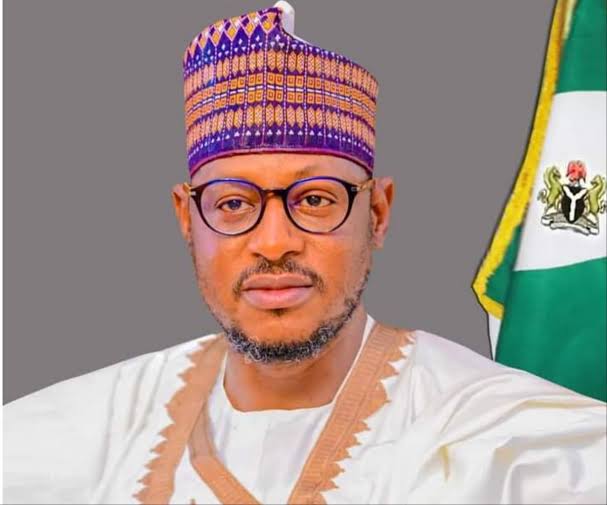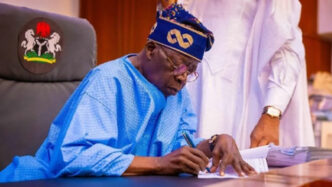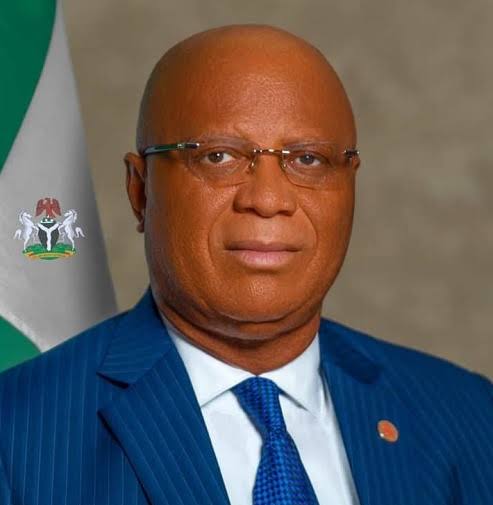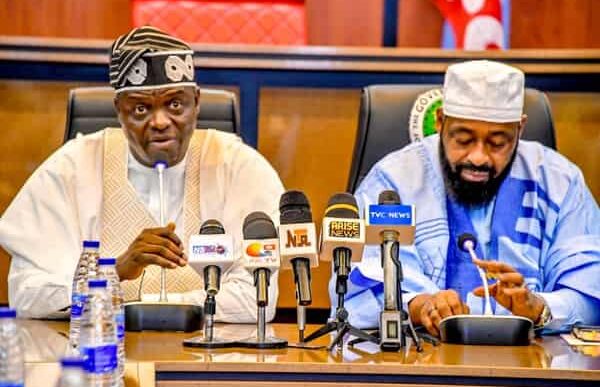President Bola Tinubu has reaffirmed Nigeria’s opposition to the use of private military and security contractors in African conflict zones, warning that their involvement undermines state authority and complicates counter-terrorism operations.
Gatekeepers News reports that Tinubu’s position was delivered on Monday by Vice President Kashim Shettima during the first plenary session on Peace, Security, Governance and Multilateralism at the 7th African Union–European Union Summit in Luanda, Angola.
“We stand resolutely against the use of private military and security companies in African conflicts, as their presence often complicates resolution efforts and undermines state sovereignty,” he told African heads of state and European leaders.
Tinubu argued that the continent’s security challenges — from terrorism to transnational organised crime — require coordinated, government-led responses rather than parallel forces with ambiguous mandates. His remarks align with Nigeria’s longstanding support for regional security interventions led by ECOWAS and the African Union.
He also warned that a global drift away from multilateralism has created a fragile international security environment, praising the EU as “one of the few remaining platforms for continent-to-continent engagement anchored on mutual respect and shared aspirations.”
The president reiterated Nigeria’s call for Africa to be granted permanent representation on the United Nations Security Council.
“It is time for Africa to occupy permanent seats on the UN Security Council, with all attendant privileges, including the veto,” he said, urging the EU to support “genuine text-based negotiations” under the UN Intergovernmental Negotiations framework.
Highlighting Nigeria’s counter-terrorism achievements, Tinubu said that more than 120,000 Boko Haram-affiliated individuals — including women and children — have surrendered as of early 2025, driven in part by both kinetic and non-kinetic measures and the efforts of the Multinational Joint Task Force in the Lake Chad Basin.
The President also underscored the need for African-led approaches to irregular migration, warning that punitive measures have failed.
“Criminalising mobility has only compounded insecurity. Our joint task is to convert mobility into safe, orderly, and productive pathways that benefit both continents,” he said, citing Nigeria’s Technical Aid Corps and business process outsourcing programmes as examples.
Tinubu urged European partners to work with African leaders to deter unconstitutional changes of government, strengthen democratic institutions and counter extremist ideologies. He referenced the continuing conflict in Sudan — which has caused over 40,000 deaths and displaced more than 12 million people — as a tragic illustration of what happens when instability and external interference merge.
Closing his address, Tinubu reaffirmed Nigeria’s readiness to deepen cooperation with the EU on peace and security, emphasising that such initiatives must be rooted in African-led processes and local ownership.
The 7th AU–EU Summit, co-chaired by Angolan President João Lourenço and European Council President António Costa, brings together leaders from both continents to discuss security, governance, migration and economic cooperation.

